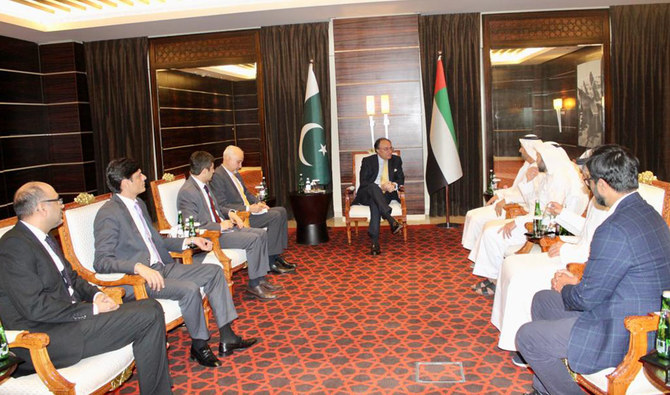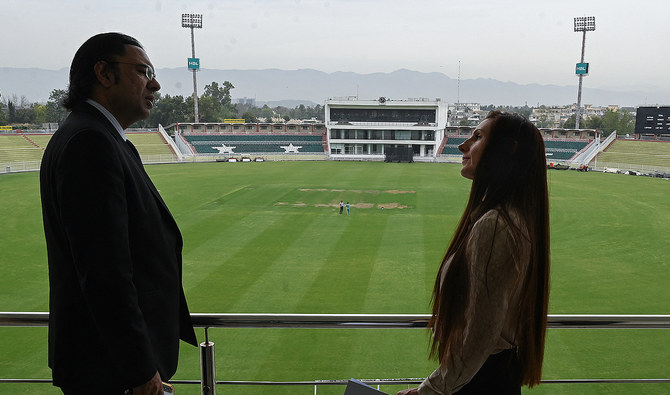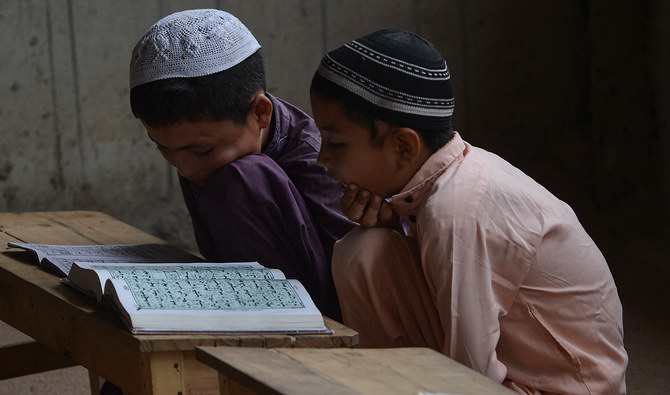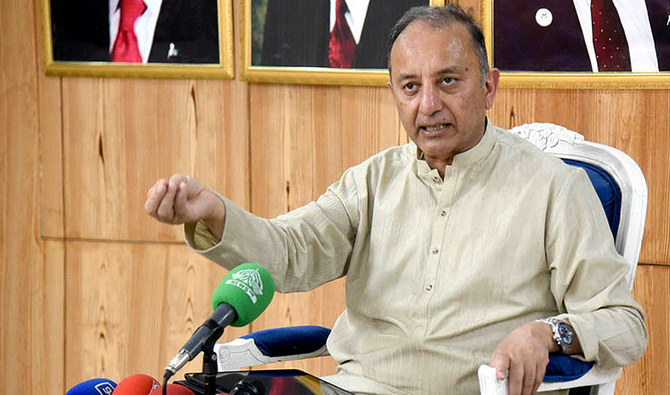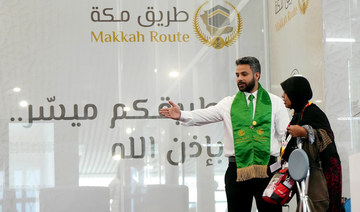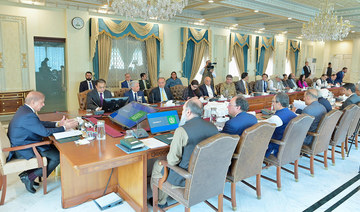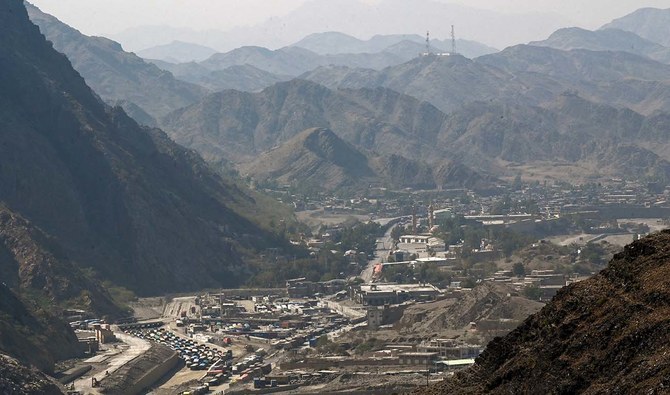KARACHI: Finance Minister Muhammad Aurangzeb met foreign investors in Dubai on Monday to explore ways to enhance investment activity between Pakistan and the UAE in IT, energy, transport and real estate development sectors, the Pakistani finance ministry said in a statement.
The UAE is Pakistan’s third-largest trading partner after China and the United States. Policymakers in Pakistan consider the Gulf state an optimal export destination due to its geographical proximity, which minimizes transportation and freight costs while facilitating commercial transactions.
UAE is also home to some 1.5 million Pakistani expatriates and the second-largest source of remittances to the South Asian country, after Saudi Arabia.
The finance ministry said Aurangzeb met Abdulla Bin Lahej, chairman of the UAE-based Ayana Holding company and Mohammed Hilal Bin Tarraf Al Mansoori, chairman of the Nad Al Shiba Holding company, in Dubai.
“He explored ways to enhance investment activity between the UAE and Pakistan by supporting existing economic partnerships and exploring further diversification to include areas of Information technology, renewable energy, transport and logistics, infrastructure and real estate development,” the statement said.
The ministry said Aurangzeb highlighted Pakistan’s “competitive advantages” that make it an ideal destination for investors seeking high returns and sustainable growth.
“The Finance Minister also highlighted the role of SIFC [Special Investment Facilitation Council] in assisting investors at every stage of their journey, comprehensive support services including market research, regulatory guidance, investment facilitation, and post-investment support, ensuring a smooth experience,” the statement read.
The SIFC is a civil-military government body formed in June 2023 to attract international investment, mainly from Gulf countries, in Pakistan’s key economic sectors of agriculture, mining, IT and others.
Separately, Aurangzeb met with senior officials of Mashreq Bank and First Abu Dhabi Bank in Dubai to discuss strengthening of financial and economic cooperation.
“The minister emphasized upon the bankers to reconsider their appetite for arranging financing for the country [Pakistan] given significant improvements in economic fundamentals,” the finance ministry said.
The Pakistani finance minister was in Washington from Apr. 14 till 21 to participate in spring meetings organized by the International Monetary Fund (IMF) and World Bank. His tour was an important one for the South Asian country as Pakistan’s ongoing nine-month, $3 billion loan program with the global lender expires this month. Pakistan has already said it is in talks with the international lender for a larger IMF program.
During the visit, Aurangzeb met officials of multilateral institutions and his counterparts from Saudi Arabia and China to highlight the government’s economic reforms and Pakistan’s investment potential.



